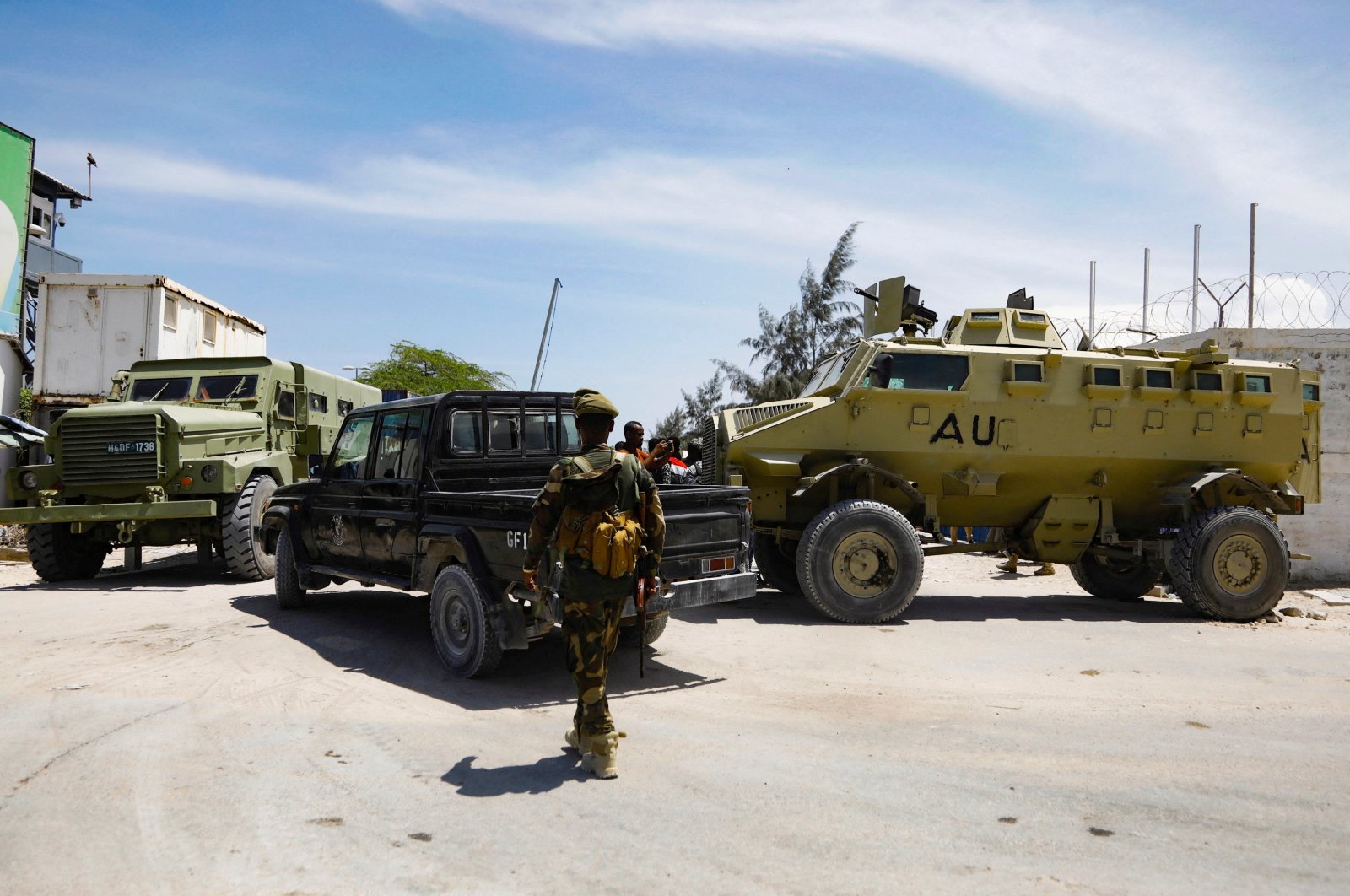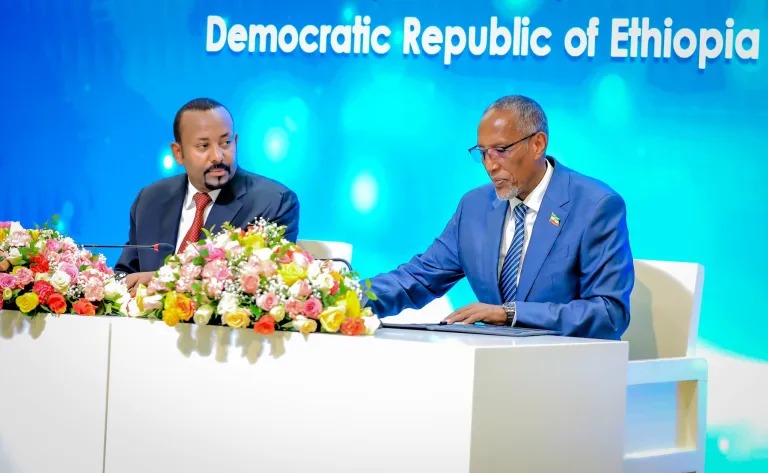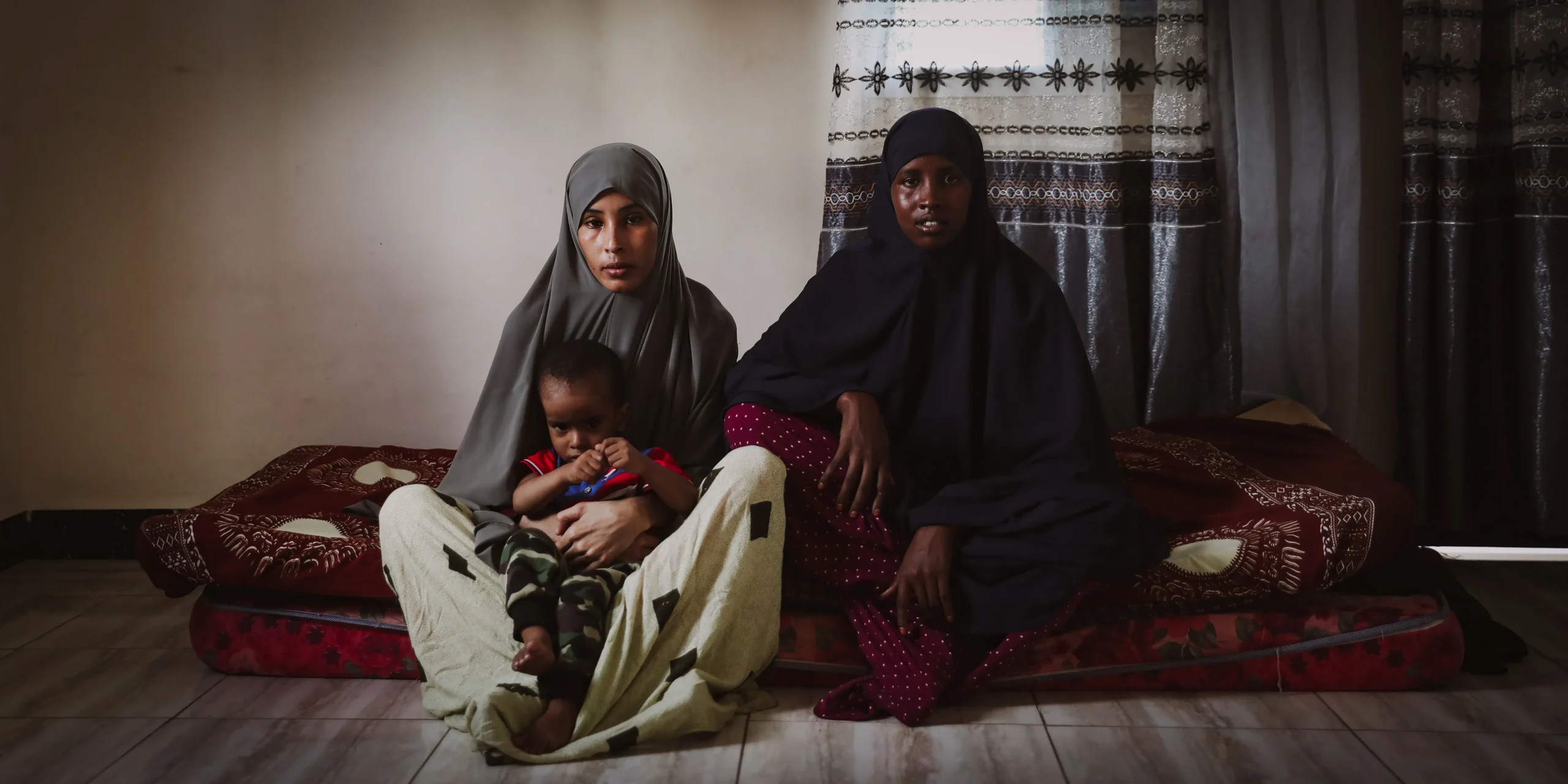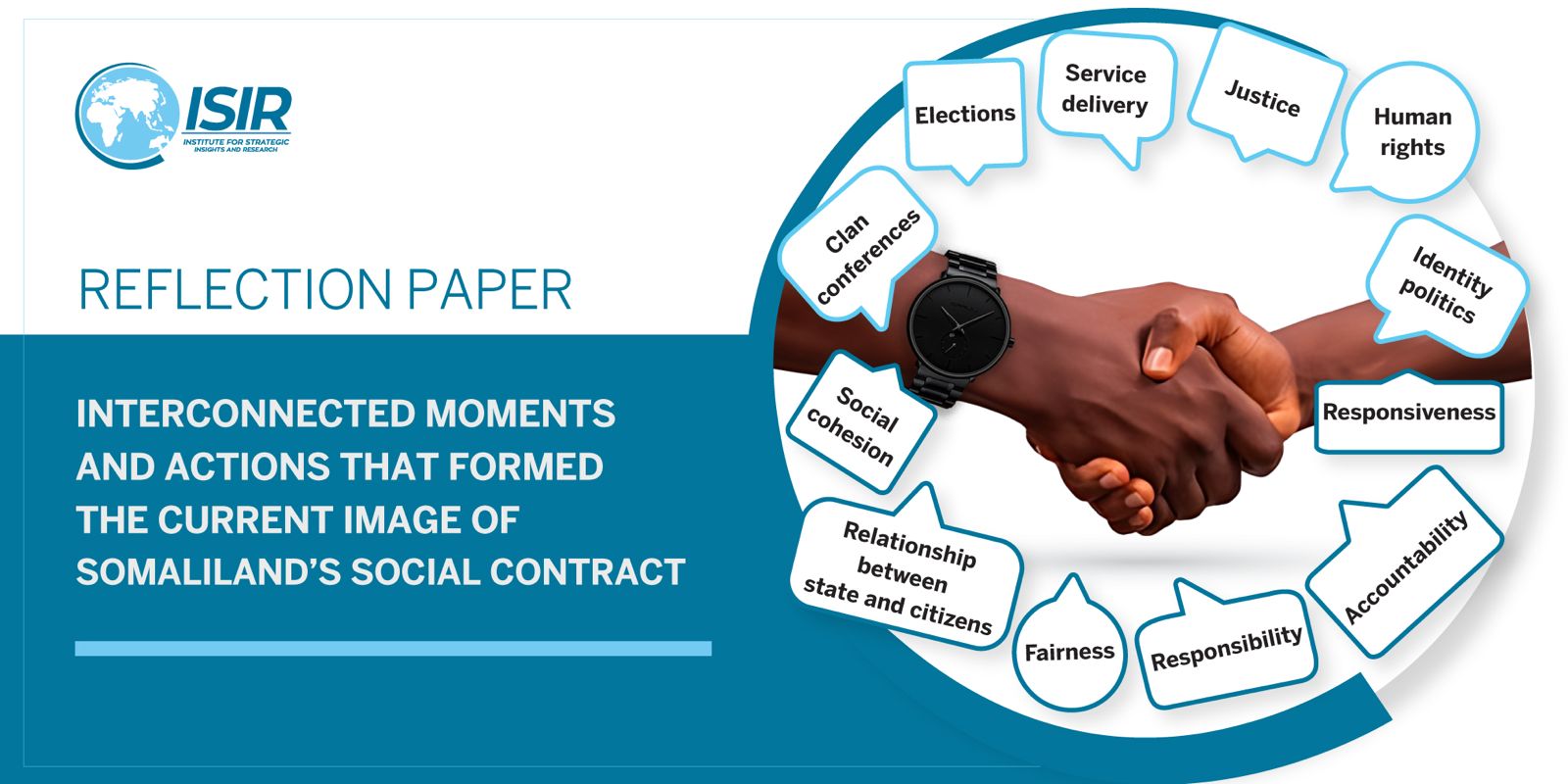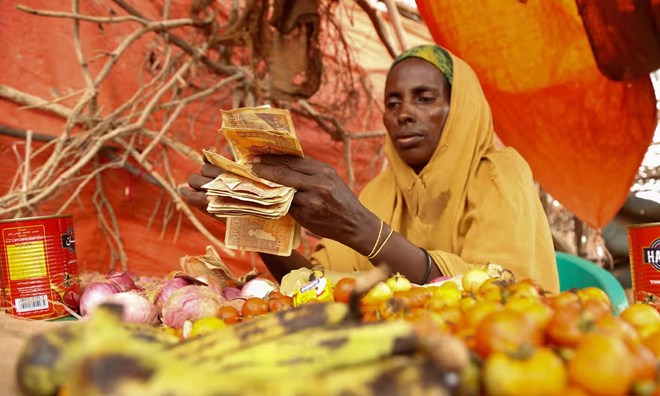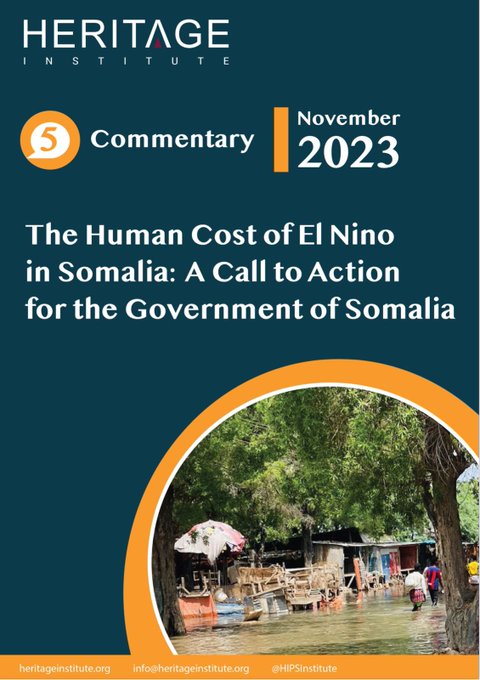It was exactly ten years ago today, 14 August 2009, when I came to Mogadishu with a mission to study at university. It was the second time I had left my home town, Buulaburte, for study. Three years earlier, in 2006, I went to Beledweyne to pursue a secondary education because there was no high school in Buulaburte. When I finished secondary school in Beledweyne in June 2009, the city had no university. The nearest possible place I could access higher education was Mogadishu, the capital city of Somalia.
I came to Mogadishu to study at a time when many of its inhabitants were either being killed in or running away from conflict in the city. Mortar attacks were constant. I resided in Juungal village in Yaqshid district with relatives. The next day, mortars with strange and frightening sounds (people used to call it fooriye) from around the Presidency killed a female teenager in the village. Around 2 pm the following day, similar mortar shells killed and wounded siblings that were having lunch together in their house near to where I was staying. The father of that family was a teacher I knew in person. Events used to follow the same pattern: insurgents would come to the neighborhood, target the Villa Somalia and other government populated areas with mortars and then run away from the scene. AMISOM would then respond with heavier counter mortar fire targeting the neighbourhood that the fire had come from.
I could not stay in Juungal; it was both insecure and distant from the campus of the university I was about to start at. I managed to relocate to Dharkenley district when I started Mogadishu University in September 2009. There was no fear of mortars in Dharkenley since it was among the few government-controlled districts in Mogadishu. However, Madina – Wadajir and Dharkenley districts – had many checkpoints with armed militias that collected money from the public transport vehicles. These checkpoints were later cleared few months after Hassan Sheikh was elected as President in September 2012.
Notwithstanding these life-threatening and difficult circumstances, I was a young, energetic man with a mission and a determination to study hard. Coming to Mogadishu especially for study at that time was not easy. But it was one of my best decisions.
Over the ten years I have lived in Mogadishu, I have developed a career and discovered my inner qualities. I had access to educational opportunities and other facilities that I could not have had access to if I were not in Mogadishu. The concentration of resources and basic public services in Mogadishu is undoubtedly one of the reasons why the city is overpopulated and insecure.
In the first four years, I completed a Bachelor of Public Administration from Mogadishu University and gained two diplomas in Law and English. I became the first of my family to attend and complete university. When I finished the English Language diploma in November 2011, it gave me the opportunity to be recruited as an English teacher at SYL Primary and Secondary School.
Between 2013 and 2015 I had the opportunity to work with several organizations. I become a lecturer at the same university I graduated from, Mogadishu University, in February 2014, and have taught five semesters at the University since then. I also figured out my talents and careers that I should pursue as a profession. Studying public administration at the university and teaching the English language at the school prepared me to become a researcher. I had the opportunity to work with the Heritage Institute for Policy Studies for over four years as a researcher. HIPS is a leading policy think tank in Somalia, and I am a proud ‘HIPSTER’.
Categories: Featured








